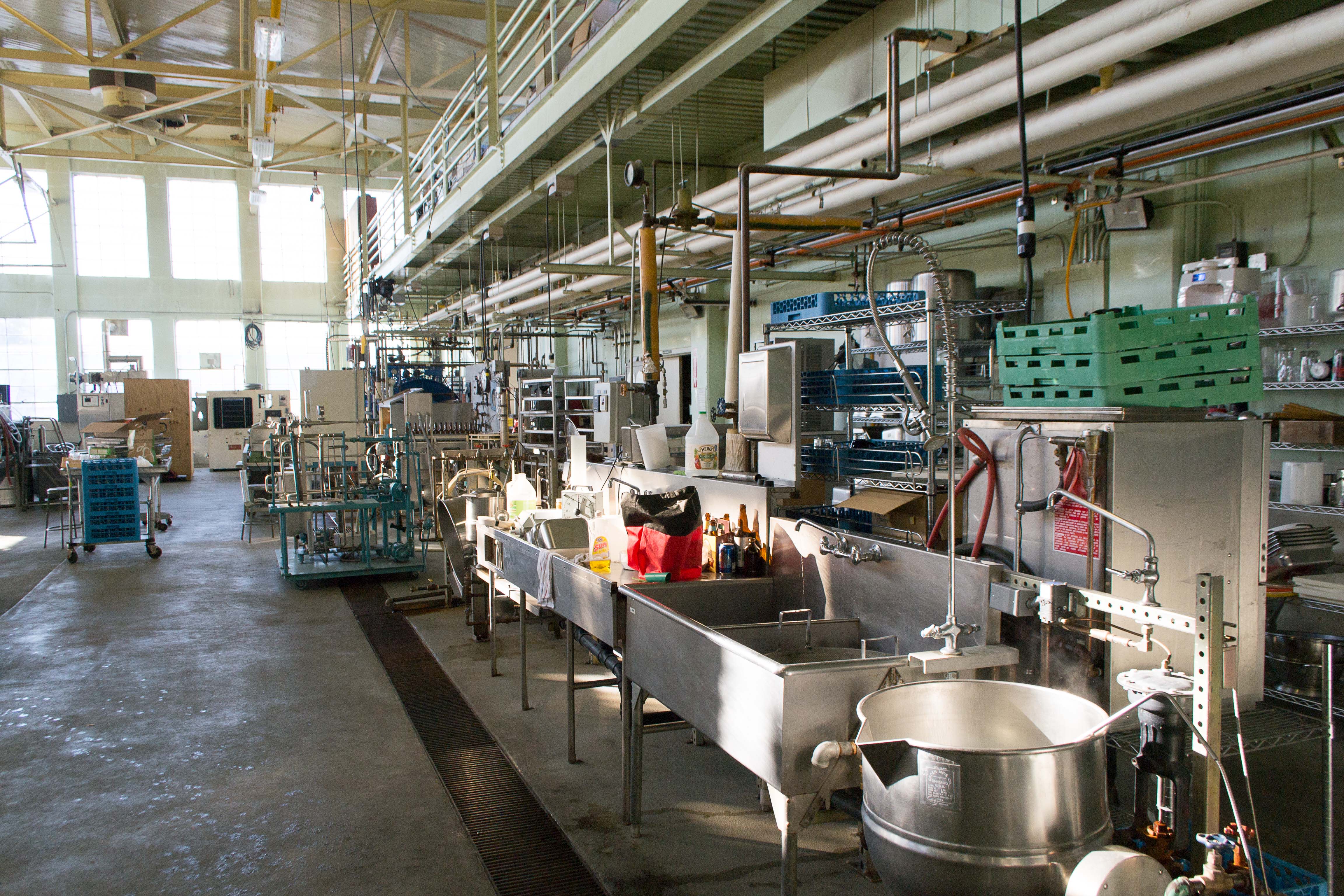
Photo from academic.microsoft.com
ABSTRACT Minimally processed fresh produce is one of the fastest growing segments of the food industry due to consumer demand for fresh, healthy, and convenient foods. However, mechanical operations of… Click to show full abstract
ABSTRACT Minimally processed fresh produce is one of the fastest growing segments of the food industry due to consumer demand for fresh, healthy, and convenient foods. However, mechanical operations of cutting and peeling induce the liberation of cellular contents at the site of wounding that can promote the growth of pathogenic and spoilage microorganisms. In addition, rates of tissue senescence can be enhanced resulting in reduced storage life of fresh-cut fruits and vegetables. Chlorine has been widely adopted in the disinfection and washing procedures of fresh-cut produce due to its low cost and efficacy against a broad spectrum of microorganisms. Continuous replenishment of chlorine in high organic wash water can promote the formation of carcinogenic compounds such as trihalomethanes, which threaten human and environmental health. Alternative green and innovative chemical and physical postharvest treatments such as ozone, electrolyzed water, hydrogen peroxide, ultraviolet radiation, high pressure processing, and ultrasound can achieve similar reduction of microorganisms as chlorine without the production of harmful compounds or compromising the quality of fresh-cut produce.
Journal Title: Critical Reviews in Food Science and Nutrition
Year Published: 2018
Link to full text (if available)
Share on Social Media: Sign Up to like & get
recommendations!